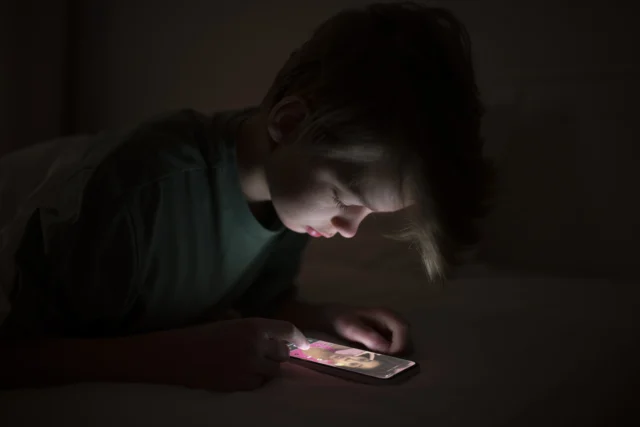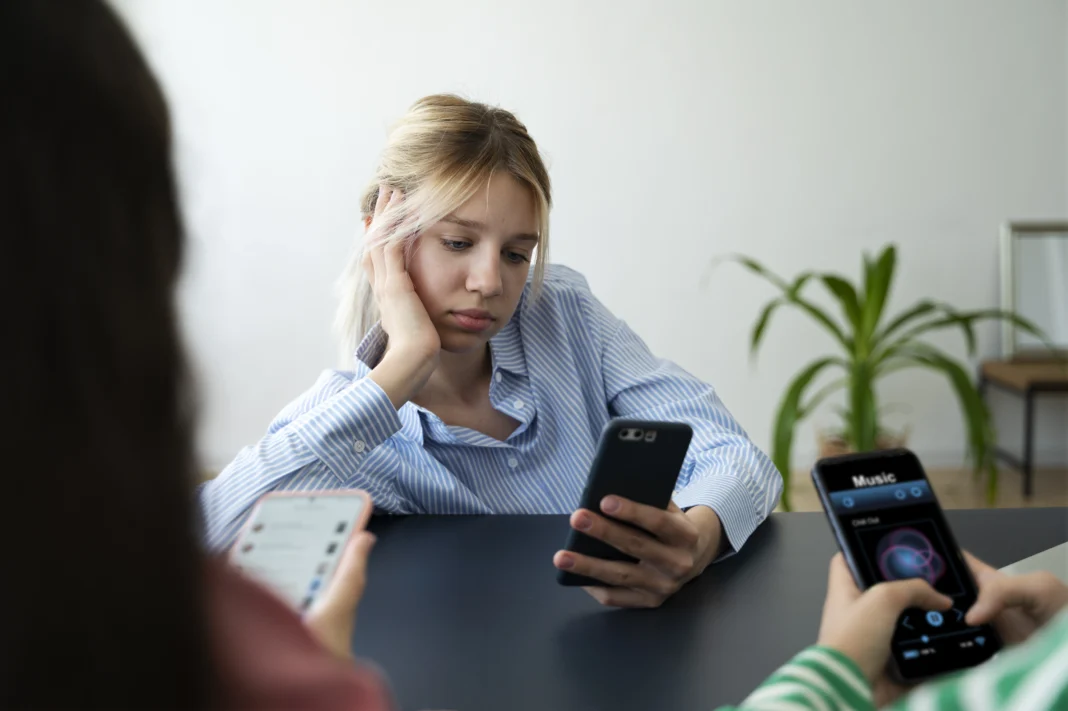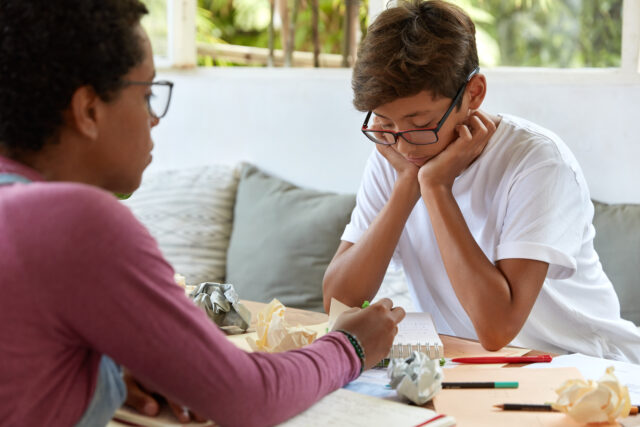Few days ago, a 15-year-old girl, who left her house earlier this month after her mother scolded her for spending too much time on mobile phone, was found dead in a creek after nine days in Dombivli, Thane district of Maharashtra. According to the Vishnu Nagar police, she had jumped into the creek from Motagaon Bridge on December 5.
In another incident on 26 September, a 15-year-old girl allegedly died by suicide after being scolded by her mother for spending too much time on her mobile phone in Ambernath, Thane. The girl had consumed a rat poison and died on October 2.
In a similar incident in June, a 16-year-old girl allegedly died by suicide after her father objected to her downloading the social media app Snapchat on her phone in Thane.
In the age of digital revolution, mobile phones have become essential for communication, entertainment, and education. However, recent cases highlight the tragic outcomes of unchecked mobile addiction among teenagers and have raised alarming concerns about mental health, including extreme cases of self-harm and suicide.

Smartphone Addiction and Mental Health
Studies indicate that teenagers spend an average of 7-9 hours a day on their smartphones. Excessive use of mobile phone and social media addiction can have significant impacts on mental health and overall well-being, as highlighted by the Indian Academy of Paediatrics (IAP). While technology has become an essential part of our lives, using it excessively can lead to several negative consequences. Such as:
- Isolation
- Depression and anxiety
- Poor sleep
- Low self-worth
- decline in study performance
Steps to Protect Teenagers from Excess Mobile Use
- Parental Monitoring: Parents should actively monitor and guide their children’s smartphone usage. Setting boundaries and encouraging healthy digital habits can make a significant difference.
- Open Communication: Encouraging teenagers to share their feelings and struggles can help identify early signs of distress.
Photo credit: Freepik - Digital Detox: Promoting regular breaks from screens and engaging in offline activities can help restore balance.
- Mental Health Support: Schools and communities should provide counseling services and workshops to address the mental health challenges posed by mobile addiction.
- Awareness Campaigns: Public campaigns highlighting the dangers of excessive smartphone use can foster a healthier digital culture.

Guidelines for screentime
Managing children’s screen time in today’s digital age can be challenging, but the Indian Academy of Paediatrics (𝐈𝐀𝐏) provides helpful guidelines to support parents.
Screen Time Recommendations by Age:
- Children under 2 years: No screen exposure.
- Children aged 2-5 years: Limit screen time to a maximum of 1 hour per day, always supervised.
- Children aged 5-10 years: Restrict screen exposure to less than 2 hours per day, ensuring a mix of healthy activities.
Adolescents (10-18 years):
- Balance screen time with activities like outdoor play (1 hour), prioritize sleep (8-9 hours), schoolwork, and family time
- Reduce screen time if it interferes with development, mental health, or school performance
- Consult a pediatrician if overuse persists
By following these guidelines, parents can help ensure a healthy balance between digital engagement and overall well-being for their children.





